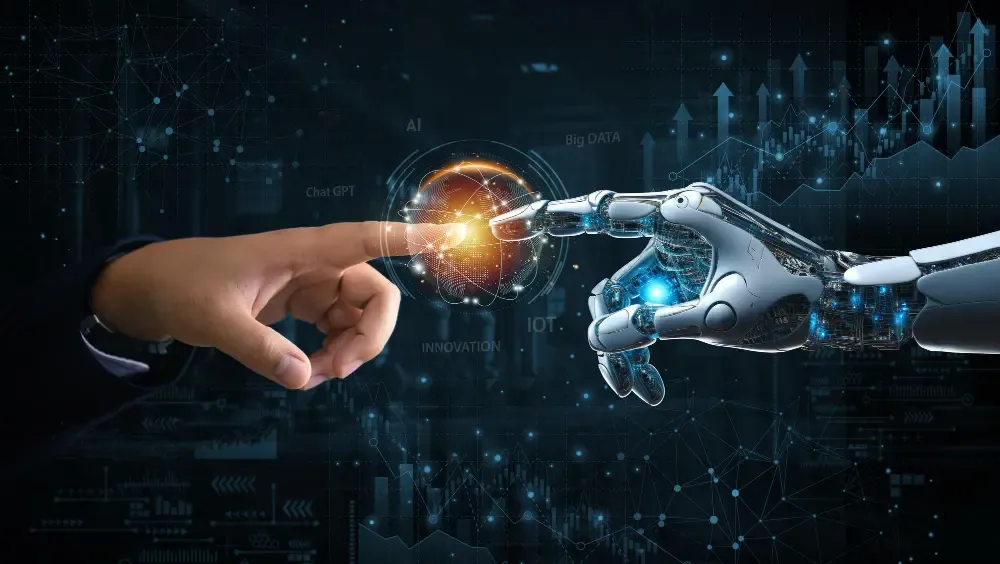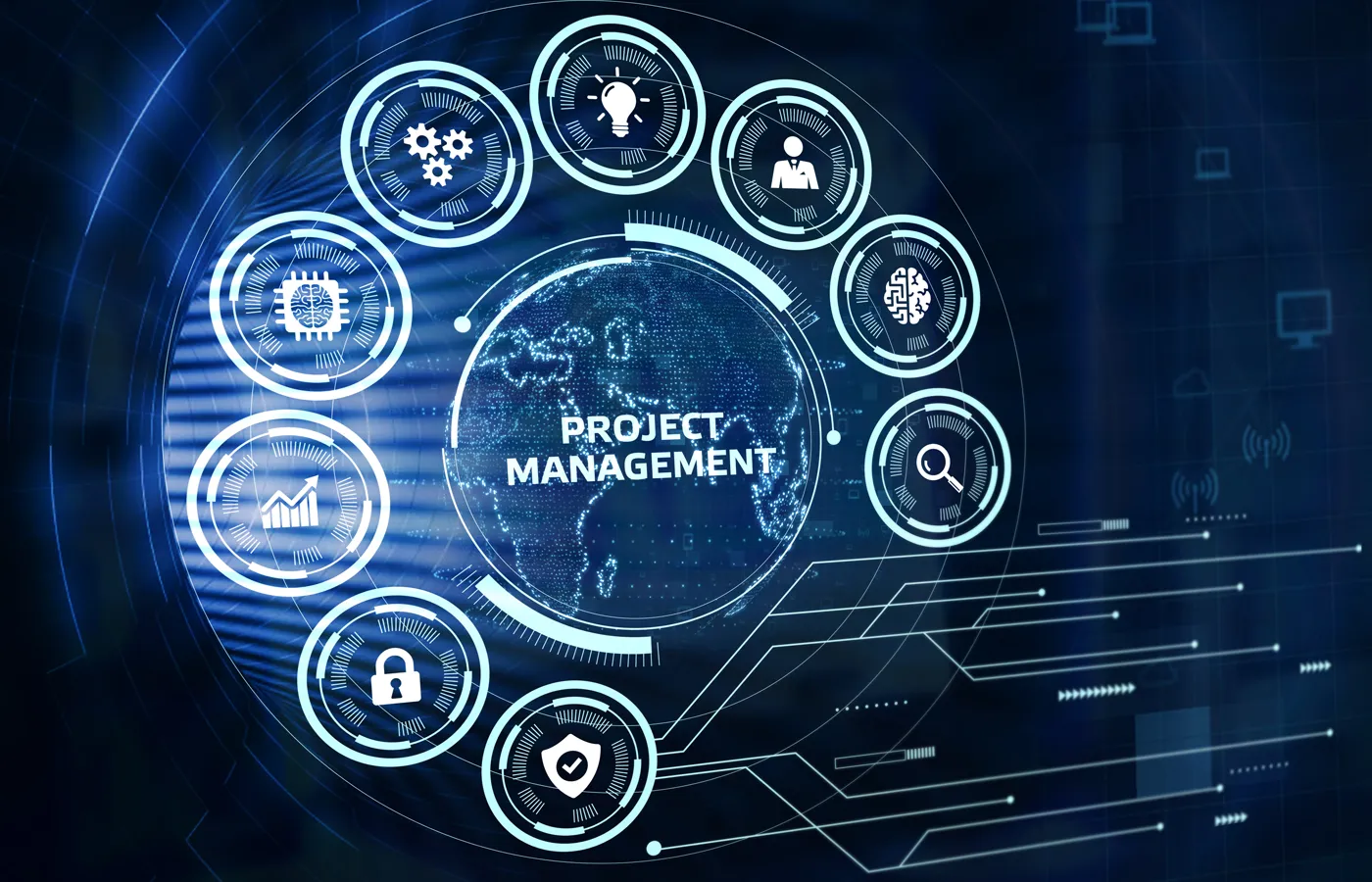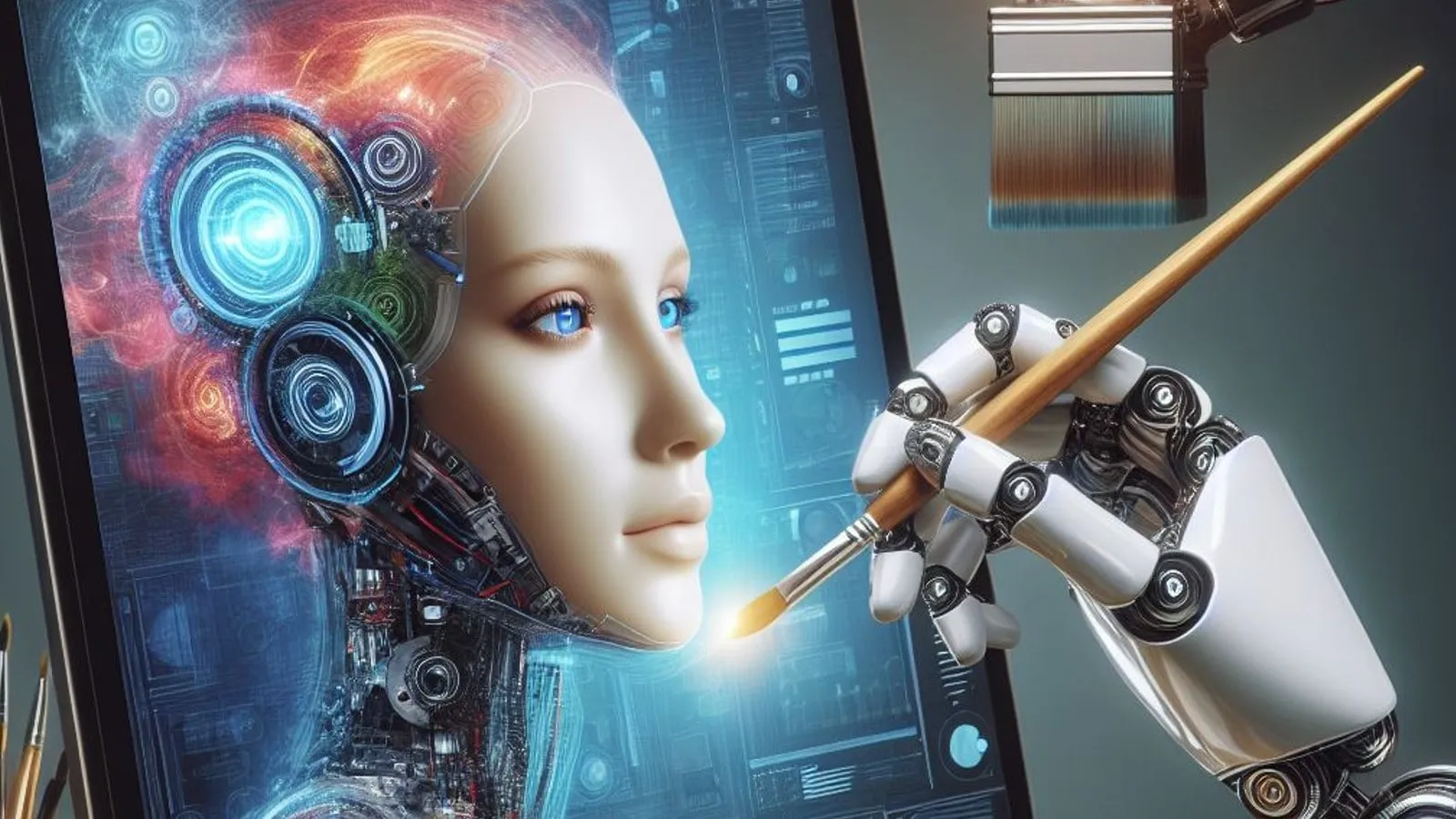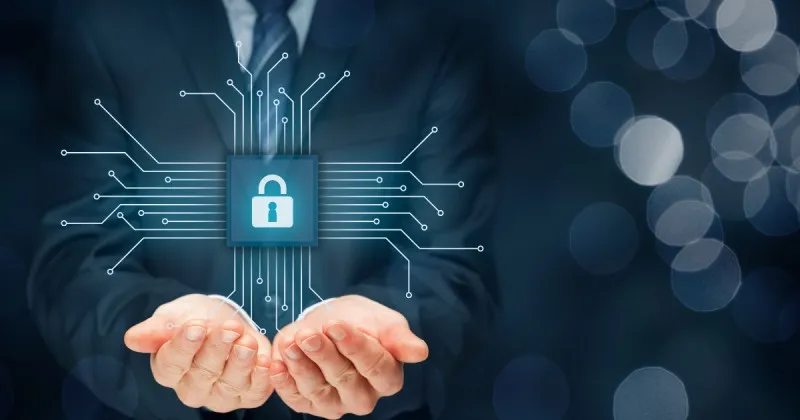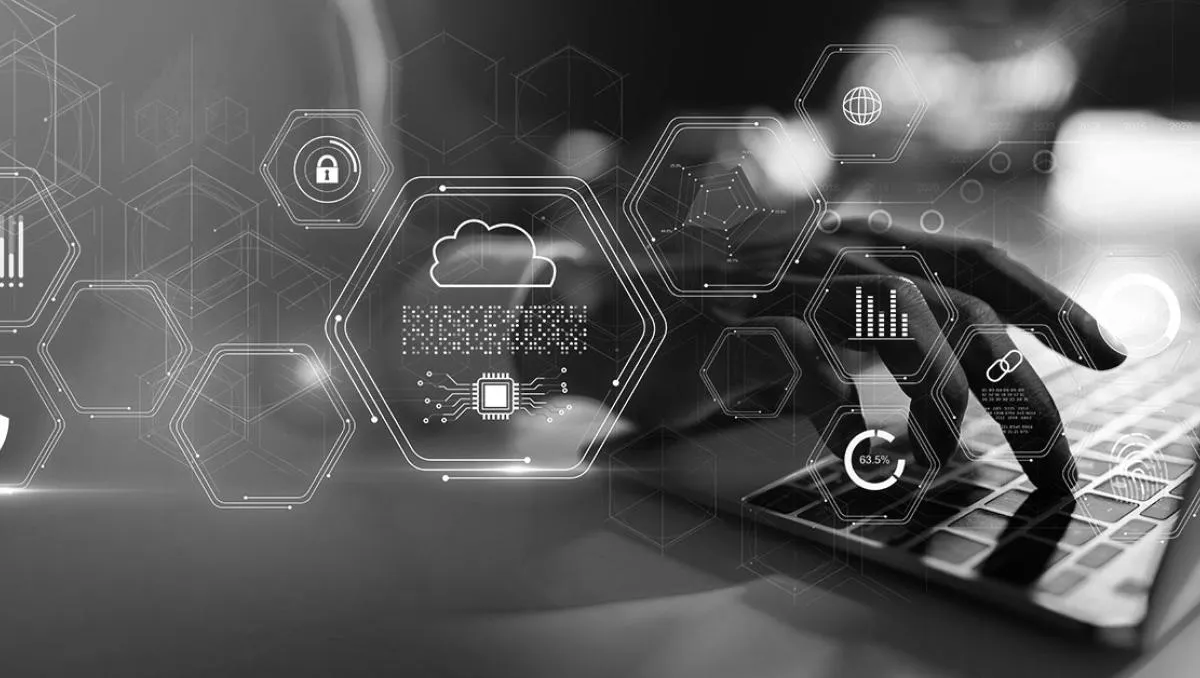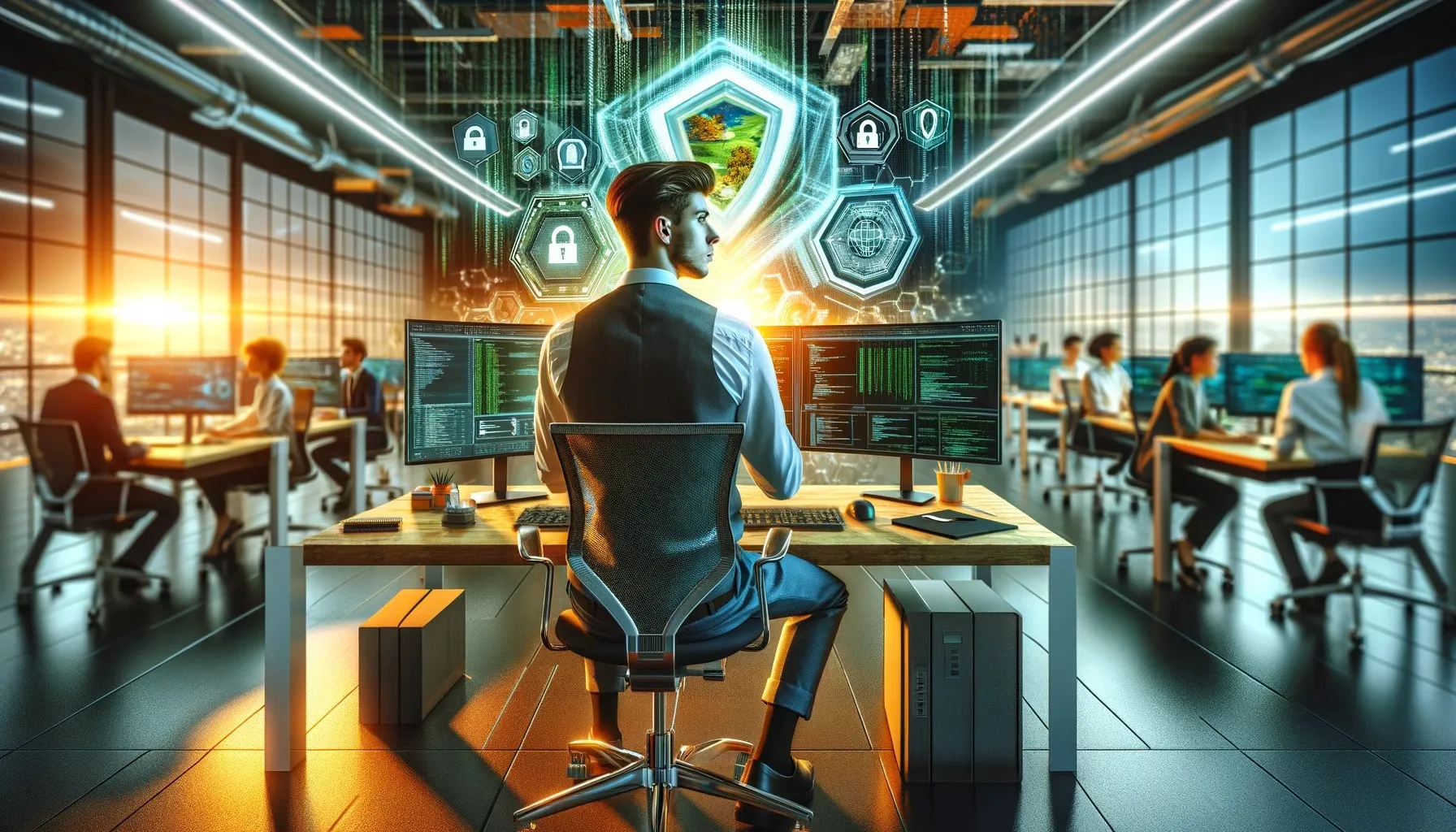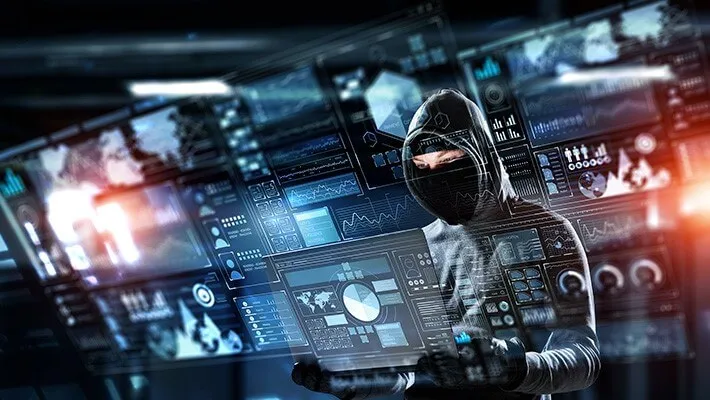When I woke up this morning, my smart speaker gently reminded me about my dentist appointment. As I drove there, my navigation app rerouted me around an accident. Later, when I was shopping online, the website showed me products I actually wanted to see. All of these helpful moments happened thanks to AI working behind the scenes. AI isn't just for tech experts or scientists anymore. It's right here in our homes and hands, making life easier in ways both big and small. Let's explore how this technology is changing everything around us!
Smart Homes: When Your House Becomes Your Helper
My favorite thing about modern living has to be how smart our homes have become. Just last month, I installed a smart thermostat that learns my temperature preferences. Now I never have to adjust it manually - it knows when I'm home and exactly how warm I like my living room in the evening.
Smart home devices powered by AI are becoming more common every day. They include:
- Smart speakers that answer questions and control other devices
- Thermostats that learn your schedule and preferences
- Security systems that can tell the difference between your pet and a stranger
- Refrigerators that can help manage your grocery list
- Lighting systems that adjust based on time of day and your habits
One night when I couldn't sleep, I simply asked my smart speaker to play some gentle rainfall sounds, and it knew exactly what I needed. These little moments make me realize how seamlessly AI has become part of my home life.
AI in Healthcare: A Medical Revolution
Last year, my uncle was diagnosed with a rare condition that doctors might have missed if not for an AI system that analyzed his test results. This technology spotted patterns that humans might have overlooked.
Healthcare is one area where AI is making a huge positive impact on our lives. Here's how:
- AI can detect diseases like cancer in scans earlier than human doctors sometimes can
- Virtual nursing assistants help monitor patients and answer basic questions
- Smart watches track our health and alert us to potential problems
- Medication management systems help people take the right pills at the right time
- Research tools help scientists develop new treatments faster
My grandmother now uses an AI-powered pill dispenser that reminds her when to take her medicine and alerts family members if she misses a dose. This simple technology gives our whole family peace of mind.
Shopping and Entertainment: AI Knows What You Like
Remember when shopping meant wandering around stores hoping to find something you like? Now online stores seem to read my mind! Last week, an online clothing store suggested a jacket that was exactly my style - something I might never have found on my own.
AI has transformed how we shop and enjoy entertainment in these ways:
- Recommendation systems suggest products you might like based on past purchases
- Streaming services create personalized playlists and show suggestions
- Virtual try-on technology lets you see how clothes would look on you
- Customer service chatbots answer questions anytime, day or night
- Price tracking tools alert you when items you want go on sale
I used to spend hours making playlists for different moods and activities. Now my music app creates the perfect mix for my morning workout or relaxing evening automatically. It feels like having a friend who always knows just what song I need to hear.
The Technology Behind the Magic
You might wonder how AI manages to do all these amazing things. While the technology is complex, the basic idea is simple: computers learn from information just like we do, but they can process much more data much faster than any human.
Machine Learning: Computers That Learn From Experience
My nephew recently showed me an app that could identify any bird just from a photo. The app wasn't programmed with every bird type - instead, it learned by looking at millions of bird pictures.
Machine learning is when computers improve automatically through experience. They find patterns in huge amounts of data that help them make better decisions over time.
For example:
- Email spam filters learn which messages are unwanted based on what you've marked as spam before
- Voice assistants get better at understanding your specific way of speaking
- Weather prediction becomes more accurate as systems analyze more historical weather data
I'm always amazed when my phone's keyboard seems to know what I'm going to type next. It's learned my writing style and common phrases, making texting faster and easier.
Computer Vision: When Machines Can See
Last summer, I visited a grocery store where I could just pick up items and walk out - cameras and sensors detected what I took and charged me automatically. No checkout lines!
Computer vision is the AI technology that allows machines to "see" and understand visual information from the world. It's used in:
- Face recognition to unlock phones
- Self-driving cars to detect road signs, other vehicles, and pedestrians
- Medical imaging to spot potential problems in X-rays or MRIs
- Safety systems in factories to prevent accidents
- Photo apps that can organize pictures by who's in them
My favorite photo app recently showed me a collection of pictures titled "Your dog through the years" - it had automatically found and organized all the photos of my pet from puppy to adult. It was touching to see this timeline created without any effort on my part.
Natural Language Processing: Talking With Machines
I remember the first time I asked a question to a voice assistant and got a helpful answer. It felt like science fiction had become real life!
Natural language processing (NLP) helps computers understand, interpret, and respond to human language. This technology powers:
- Voice assistants like Siri and Alexa
- Translation services that help people communicate across languages
- Text summarization tools that condense long articles
- Chatbots that answer customer questions
- Grammar and spelling checkers
Just yesterday, I needed to speak with someone in Spain but don't know Spanish. I used a translation app that converted my spoken English to Spanish in real-time. The conversation flowed so naturally that I almost forgot technology was involved at all.
10 Uses of Artificial Intelligence in Daily Life
AI is so embedded in our routines that we sometimes don't notice how often we use it. Here are ten common ways AI touches our lives every day:
1. Smarter Smartphones
My phone does so much more than make calls now. It:
- Predicts text as I type
- Recognizes my face to unlock
- Groups my photos by people, places, or things
- Provides voice assistance for hands-free help
- Optimizes battery life based on my usage patterns
I was rushing to a meeting last week when my phone alerted me that I should leave 15 minutes earlier than planned due to unusual traffic. It had analyzed traffic patterns and my calendar to give me this heads-up!
2. Navigation and Travel
Remember paper maps? Me too, but I haven't used one in years! AI has transformed how we get around by:
- Suggesting faster routes based on real-time traffic
- Estimating arrival times with amazing accuracy
- Finding available parking spots in busy areas
- Calculating fuel-efficient routes for longer trips
- Translating foreign signs and menus when traveling abroad
During my last vacation, my navigation app didn't just get me to my destination - it suggested a scenic detour that became one of the highlights of my trip. It had learned from other travelers that this route was worth the extra few minutes.
3. Financial Services
Banks and financial institutions use AI to:
- Detect unusual transactions that might be fraud
- Offer personalized financial advice
- Process loan applications faster
- Provide 24/7 customer service through chatbots
- Analyze spending habits to help with budgeting
I once received a text asking if I had just made a purchase in another state. I hadn't - my credit card company's AI had flagged a fraudulent transaction and stopped it before any money was lost.
4. Social Media
Our social media experiences are shaped by AI that:
- Shows content it thinks we'll find interesting
- Filters out potential spam or harmful content
- Suggests friends or connections we might know
- Automatically tags people in photos
- Translates posts in foreign languages
I reconnected with an old school friend recently because a social media platform suggested we might know each other. The AI had figured out we once attended the same school, even though neither of us had explicitly listed it in our profiles!
5. Smart Home Devices
As I mentioned earlier, our homes are getting smarter thanks to:
- Voice-controlled assistants that manage other devices
- Learning thermostats that optimize for comfort and energy savings
- Security systems that can recognize familiar faces
- Appliances that adjust settings based on usage patterns
- Lighting that responds to time of day or activities
My energy bills dropped by 15% after I installed smart home technology that learned when rooms were typically empty and adjusted heating and cooling accordingly.
6. Education and Learning
Students today have AI-powered tools that:
- Provide personalized learning experiences
- Offer instant feedback on writing and math problems
- Help learn new languages with adaptive lessons
- Make educational content more accessible to different learning styles
- Automate grading for teachers
My niece struggles with math, but a new AI-powered learning app adjusts problems to her level and gives her extra practice on concepts she finds difficult. Her confidence has improved so much, and she's no longer afraid of math class.
7. Entertainment Streaming
Services like Netflix, Spotify, and YouTube use AI to:
- Recommend shows, movies, or songs you might like
- Create custom playlists for different moods or activities
- Improve video and audio quality
- Generate thumbnails that you're more likely to click on
- Provide accessible features like automated captions
I discovered my new favorite author because my e-reader suggested a book "based on your reading history." It was spot-on - now I've read everything they've written!
8. Email and Communication
Our digital communications are enhanced by AI that:
- Filters spam and organizes messages
- Suggests quick responses to common questions
- Completes sentences as you type
- Schedules meetings by understanding natural language
- Highlights important messages you shouldn't miss
The smart reply feature in my email saved me last week when I was swamped with messages. Being able to respond with one click to routine emails gave me time to focus on more important tasks.
9. Health and Fitness
AI helps us stay healthy by:
- Tracking activity and suggesting fitness goals
- Monitoring vital signs through wearable devices
- Providing personalized workout recommendations
- Analyzing sleep patterns and suggesting improvements
- Offering meditation and mental wellness guidance
My fitness tracker noticed that my resting heart rate was higher than normal for several days and suggested I might be getting sick. Sure enough, I came down with a cold the next day - but I was prepared with extra rest because of the early warning.
10. Accessibility Tools
One of the most meaningful uses of AI is making the world more accessible:
- Text-to-speech for visually impaired people
- Speech recognition for those who can't type
- Live captioning for the deaf and hard of hearing
- Navigation assistance for people with mobility challenges
- Communication tools for non-verbal individuals
My friend's grandmother lost her vision last year, but text-to-speech technology has allowed her to continue "reading" her favorite books and staying connected through email. It's given her back something she thought she had lost forever.
Negative Impact of Artificial Intelligence in Everyday Life
While AI brings many benefits, it's important to talk about some downsides too. Nothing is perfect, and AI is no exception.
Privacy Concerns: Who's Listening?
I sometimes wonder about all the data being collected about me. Every time I use a smart device or online service, information about my habits and preferences is stored somewhere.
Privacy issues with AI include:
- Smart speakers that might listen when you don't expect them to
- Cameras in public places using facial recognition
- Apps that track your location even when not in use
- Data collection that builds detailed profiles of users
- Potential for personal information to be compromised
Last year, I was talking about needing new running shoes, and later that day I saw shoe ads online. It made me think about how our devices might be listening more than we realize.
Job Changes and Displacement
My cousin worked as a customer service representative for years, but his company recently replaced many positions with AI chatbots. He had to learn new skills to find another job.
AI is changing our workforce by:
- Automating routine tasks that once provided steady employment
- Creating new jobs that require different skills
- Changing which skills are valuable in the job market
- Making some traditional career paths less secure
- Requiring workers to adapt and learn throughout their careers
While new jobs are being created, the transition can be difficult for workers who have built careers in fields now being automated.
Dependency and Lost Skills
I noticed recently that I can't remember phone numbers anymore - why would I, when my phone stores them all? But what happens if my phone dies?
Our reliance on AI may lead to:
- Forgetting how to do tasks we once did manually
- Reduced ability to navigate without GPS
- Less practice making decisions without algorithmic help
- Difficulty focusing without constant technological stimulation
- Weaker memory skills as we outsource remembering to devices
I tried to help my son with a math problem recently, and realized I'd forgotten how to do long division - I always use a calculator now. It made me wonder what other basic skills we might be losing.
Bias and Fairness Issues
AI systems learn from human data, which means they can pick up our biases too. This can lead to unfair outcomes.
Problems with bias in AI include:
- Facial recognition that works better for some groups than others
- Hiring algorithms that might favor certain types of candidates
- Credit scoring systems that could disadvantage some communities
- Medical AI that might be trained primarily on certain populations
- Content recommendation systems that create "filter bubbles"
My neighbor applied for a loan and was rejected by an automated system. When she spoke to a human loan officer, they found the AI had misinterpreted her employment history. She eventually got the loan, but it made me think about people who might not have the chance to appeal such decisions.
Looking to the Future: What's Next for AI?
As amazing as today's AI seems, experts say we're just at the beginning of this technological revolution. So what might be coming next?
AI and Education: Personalized Learning for Everyone
I'm excited about how AI might transform education. Imagine every student having a personal tutor that understands exactly how they learn best!
Future AI in education might include:
- Virtual reality classrooms where students can experience history firsthand
- AI tutors that adapt perfectly to each student's learning style
- Automatic translation that makes global collaboration seamless
- Systems that identify learning difficulties earlier and more accurately
- Tools that make high-quality education accessible to everyone regardless of location
My daughter struggles with traditional classroom settings but thrives with interactive learning. AI educational tools that adapt to her needs could transform her educational experience.
Healthcare Advances: Prevention and Precision
The healthcare advances coming with AI could help us live longer, healthier lives.
Next-generation AI in healthcare might offer:
- Earlier disease detection through pattern recognition in regular checkups
- Personalized treatment plans based on your genetic makeup
- Robot assistants that help elderly people live independently longer
- Mental health support available 24/7 through sophisticated AI companions
- Drug discovery accelerated by AI analysis of molecular structures
My family has a history of heart disease, so I'm particularly interested in AI that could detect early warning signs before problems become serious.
Transportation Revolution: Beyond Self-Driving Cars
Transportation is changing dramatically with AI, and the effects go far beyond just self-driving cars.
Future transportation with AI could include:
- Traffic systems that coordinate all vehicles for optimal flow
- Flying taxis for short urban trips
- Delivery networks of autonomous vehicles and drones
- Public transit that adjusts routes based on real-time demand
- Travel planning that considers personal preferences, weather, and environmental impact
I live in a busy city and spend too much time stuck in traffic. The idea of an intelligent transportation system that could reduce congestion by coordinating all vehicles gives me hope for shorter commutes in the future!
Finding Balance in an AI-Powered World
With all these changes happening so quickly, how do we make sure AI helps rather than harms our quality of life? I believe the answer lies in finding the right balance.
Being Mindful About Technology Use
I've started practicing more mindful use of technology in my own life. For example:
- Setting aside phone-free times during meals and before bed
- Occasionally navigating without GPS to keep my sense of direction sharp
- Making some decisions without consulting review algorithms
- Teaching my children to verify information rather than believing everything online
- Taking breaks from screens and spending time in nature
Last weekend, my family and I went camping and turned all our devices off. It was surprising how quickly we adjusted to telling stories around the campfire instead of watching streaming services!
Developing an AI-Literate Society
Understanding how AI works - even at a basic level - helps us use it more wisely.
Being AI-literate means:
- Recognizing when AI is being used in services we use
- Understanding the basics of how recommendations and predictions are made
- Being aware of how our data might be used by AI systems
- Teaching children to think critically about technology
- Participating in discussions about how AI should be regulated
I recently attended a community workshop about AI literacy, and it helped me become a more informed digital citizen. Now I'm better at recognizing when I might want to override AI suggestions with my own judgment.
Conclusion: Embracing the AI Revolution Wisely
Artificial intelligence is no longer the stuff of science fiction - it's woven throughout our everyday lives. From the moment we wake up to when we go to sleep, AI is there, making recommendations, answering questions, and helping us navigate our world. Like any powerful tool, AI brings both incredible benefits and legitimate concerns. The key is learning to use it wisely, understanding its limitations, and making sure we stay in control of our technology rather than the other way around.
As we move forward into this AI-powered future, I'm optimistic about the possibilities. Smart homes that care for elderly relatives, medical breakthroughs that save lives, educational tools that help every child reach their potential - these are all within reach.
At the same time, I believe we need to approach AI mindfully, setting boundaries and maintaining the uniquely human skills and connections that give our lives meaning. After all, the best future isn't one where AI does everything for us - it's one where AI handles the routine so we can focus on what makes us truly human: creativity, compassion, and connection. What are your thoughts on how AI is changing your daily life? I'd love to hear your experiences in the comments below!


